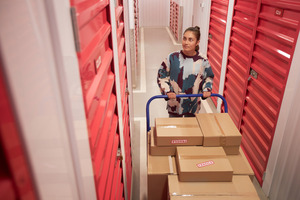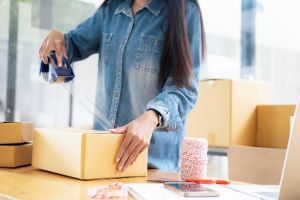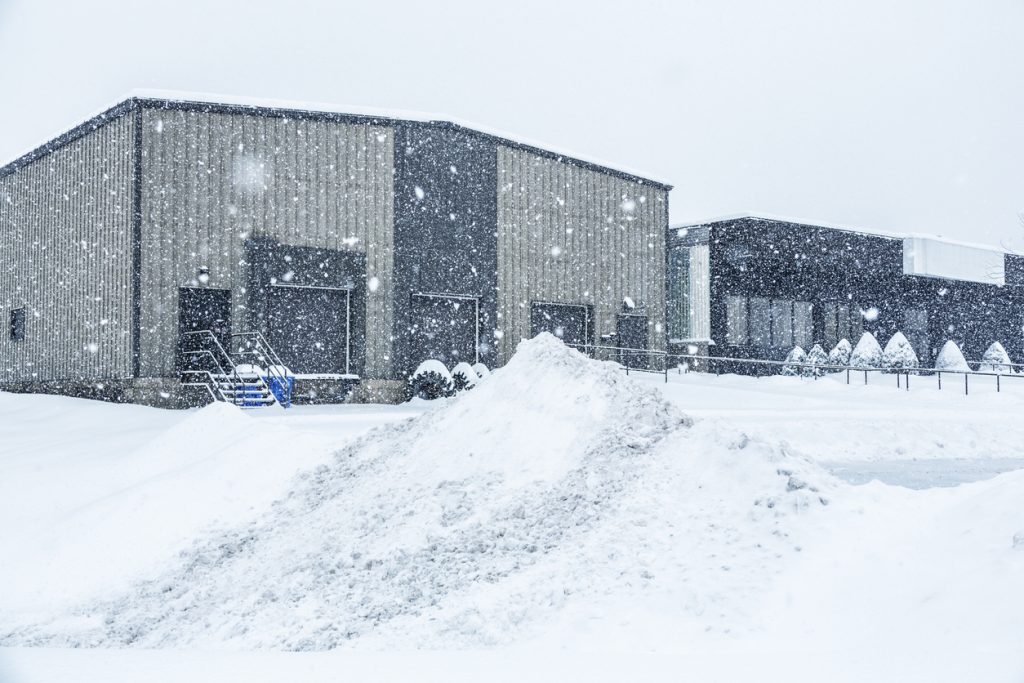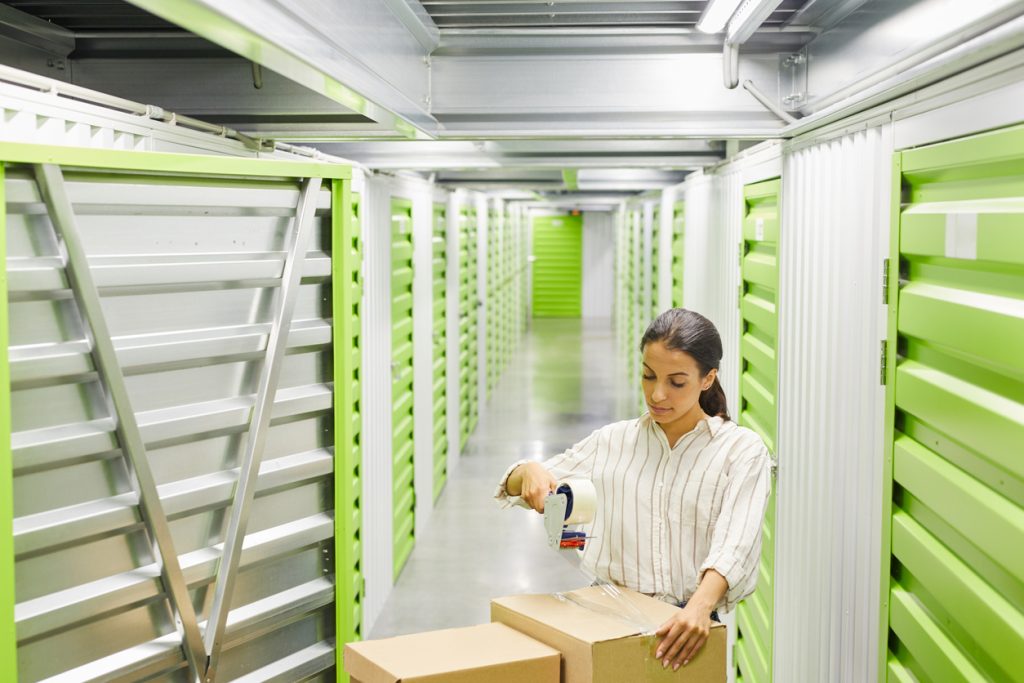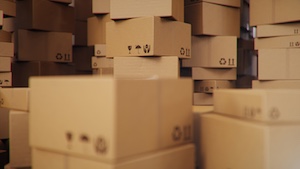Are you considering renting a storage unit for your belongings this year? Self-storage can be a great option for numerous reasons, whether you’re moving home, renovating, or need space for your belongings for a trip abroad.
However, make sure you avoid these common self-storage mistakes that first-time storage users fall prey to all too often!
These self-storage tips for first time users provide a great breakdown on how to find a secure, safe storage unit and what else you need to know to keep your property safe while it’s in storage – plus, what common mistakes to avoid this year…
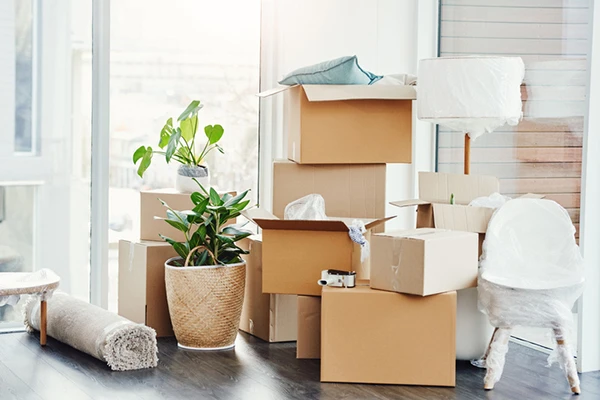
1. Looking Only For The Cheapest Deal
When shopping for quotes for your self-storage unit, don’t be fooled into thinking that the best price is the same thing as the best deal.
Of course, price is always going to be an important factor when storing your belongings for a prolonged period of time, but it’s important to make sure that you’re not sacrificing on quality for the sake of a bargain deal.
Although it can be tempting to go with the cheapest price you can find, just know what low prices may be a reflection of a low-quality unit. Poor security, facilities, damp and fire hazards are all risks to your property, so carefully consider what is most important to you.
2. Overpaying For Storage Insurance
Our independent market research in 2023 revealed that a shocking 9 in 10 storage customers are overpaying for their storage insurance. In fact, Surewise were delighted to find that we were the cheapest option in over 80% of cases.
Much of the time, self-storage users will opt for the storage insurance offered by their storage facility, not realising that there are cheaper, more comprehensive options available online. More than that, we’ve seen countless storage users left bereft following a storage fire – only realising that they were not sufficiently covered after losing their belongings.
Compare quotes for storage insurance here and make sure you’ve got the correct level of cover for your storage needs.
3. Not Paying Attention To Security Features
A good indication of a high-quality self-storage facility is multiple security features designed to keep the premises – and your belongings stored in it – safe. What’s more, self-storage facilities are required to meet a certain standard in order for your insurance to be valid.
Security features to look out for include:
- CCTV
- Fire alarm and sprinklers
- A fenced perimeter
- Manned surveillance
- A check-in and check-out log
- Damp-proof units
Additionally, if you are a business storing business equipment including paperwork, finding a unit that offers temperature-controlled storage units is important to keep your important documents safe. Find out more about the different types of self-storage units and which is most suitable for you.
4. Putting The Wrong Things In Storage
All self-storage units have particular restrictions on what you can and cannot store in your unit, so reading up on this is recommended to make sure whatever you want to store isn’t on the ‘prohibited’ list.
Generally, items such as flammables and weapons are banned from most storage facilities due to the risk they pose. This list of items you shouldn’t put into storage is a good checklist to start with but always check with your specific facility too.
Due to a number of recent fires caused by lithium batteries, some units have made the decision to ban them entirely in order to prioritise public safety.
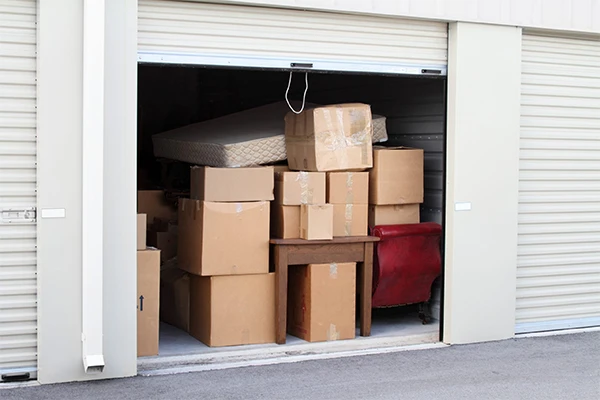
5. Not Taking An Inventory
Self-storage insurance covers the value of your stored items should an unexpected incident happen. Our self-storage insurance covers you for the value of your items should they be lost, stolen, or damaged due to:
- Natural disasters such as fire, flooding, earthquake etc
- Vandalism or malicious damage
- Leaking water
- Falling trees, telegraph poles, and lamp posts
Find out exactly what you’re covered for and more details about our self-storage insurance here. However, you need to know what you’ve put in storage in order to be able to make a valid claim on your insurance policy.
Take an inventory of everything you’ve stored for easy comparison when it comes to taking things out of storage and ensuring nothing has been damaged or lost. Using a QR code scanner can be an effective way of making this process more efficient.
6. Not Packing Correctly
Make sure your items are packed correctly to prevent them from being damaged when in storage.
This includes using the correct type of box if you are storing paperwork to ensure it isn’t damaged by damp, correctly wrapping your fragile items to protect them, and covering furniture and clothing to prevent damage.
It’s also a good idea to think about how you will pack your self-storage unit for easier access. Larger items are best stored at the back of your unit, while boxes should be stored at the front, with heavy items on the bottom, lighter/fragile things at the top.
Most importantly, when using a self-storage facility you need to make sure your belongings are going to be safe – and that you’re covered should something happen to them unexpectedly.



